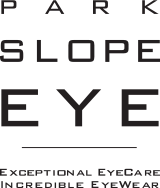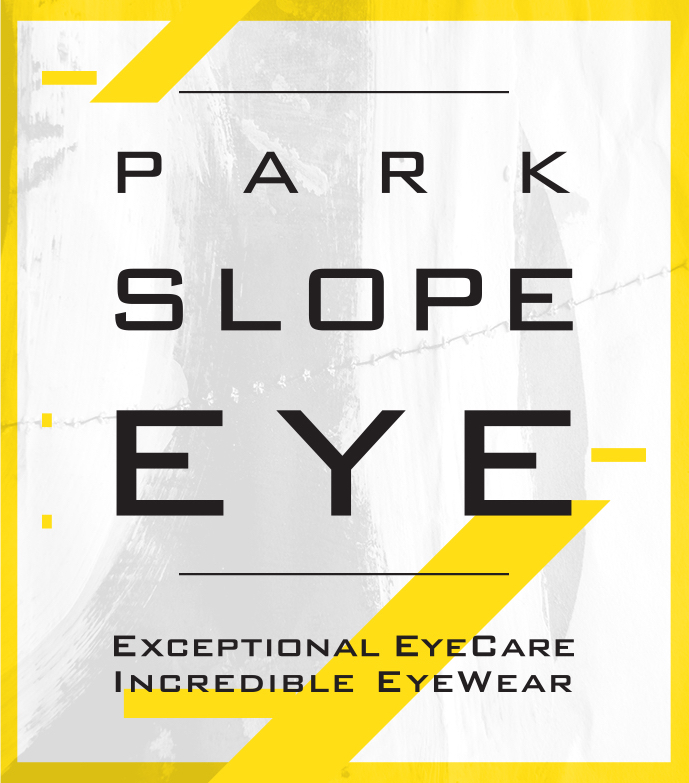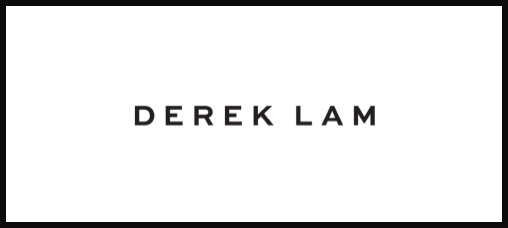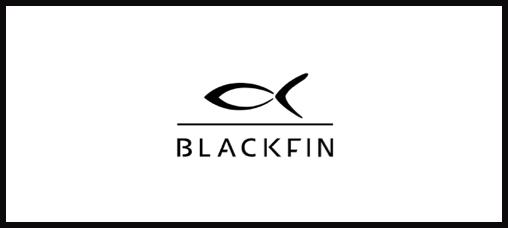For millions of people around the world, myopia is more than just a minor inconvenience. Poor distance vision can affect daily activities and overall quality of life. Even worse, if left untreated, myopia progresses as you age.
To help manage refractive errors, people typically wear glasses or contact lenses during the day. For mild to moderate myopia, Orthokeratology lenses offer another option to treat the refractive error.
Overnight contact lenses work by gently reshaping the cornea while you sleep to help your eyes focus light correctly. The effects of the reshaping persists into the following day, effectively providing the benefits of traditional contact lenses without the hassle of daytime wear.
What Is Myopia?
Myopia, commonly known as nearsightedness, is a refractive error where distant objects appear blurry. This occurs when the eye becomes elongated or when the cornea or lens is too curved.
People with myopia often experience headaches, eye strain, and difficulty seeing distant objects clearly, like road signs or classroom boards. In some cases, high myopia can lead to complications such as retinal detachment, cataracts, and glaucoma. Early intervention and effective treatment methods are crucial to managing this condition.
How Is Myopia Treated?
There are several ways to manage myopia, each with its own set of advantages and drawbacks. Here’s a look at the most common treatment options available.
Eyeglasses
Eyeglasses are the most traditional and straightforward method to correct myopia. They use lenses to refract light and focus properly onto the retina, helping you see distant objects clearly. While convenient, glasses can be cumbersome and aren’t suited for all activities, like sports.
Soft Contact Lenses
Soft contact lenses sit directly on the eye and offer a more natural field of vision compared to glasses. They are comfortable and easy to adapt to but require daily maintenance and cleaning. They also need to be replaced regularly, which can be costly over time.
Hard Contact Lenses
Rigid Gas Permeable (RGP) lenses like those used in orthokeratology (or Ortho-K) can sometimes provide better vision correction for some people due to their rigidity. Hard contact lenses are durable and allow for better oxygen flow to the eyes. However, they can be less comfortable initially and require an adaptation period.
Atropine Drops
Atropine eye drops are used in low doses to slow the progression of myopia in children. They work by relaxing the eye muscles and dilating the pupil. While effective, they can sometimes cause side effects like light sensitivity and blurred vision at close distances.
Laser Eye Surgery
Laser eye surgery uses precision laser technology to reshape the cornea and correct myopia, offering a permanent solution. Laser surgery is effective but comes with risks and requires a significant investment. Not everyone is a suitable candidate for this procedure, so consult your eye doctor to see if this is a suitable option for you. Your eye doctor can also guide you with postoperative care guidelines.
What Are Overnight Contact Lenses?
Overnight contact lenses, also known as orthokeratology (Ortho-K) lenses or corneal reshaping lenses, are designed to be worn while you sleep. These RGP lenses gently reshape the cornea overnight, providing clear vision during the day without the need for glasses or daytime contact lenses.
Unlike traditional contact lenses, Ortho-K lenses are worn only at night. They temporarily alter the shape of the cornea, flattening it to correct the refractive error caused by myopia. This effect lasts throughout the day, offering clear vision without any eyewear.
Ideal Candidates
Ortho-K lenses are suitable for both children and adults with mild to moderate myopia. They are particularly beneficial for active individuals and those who find glasses or traditional contact lenses inconvenient.
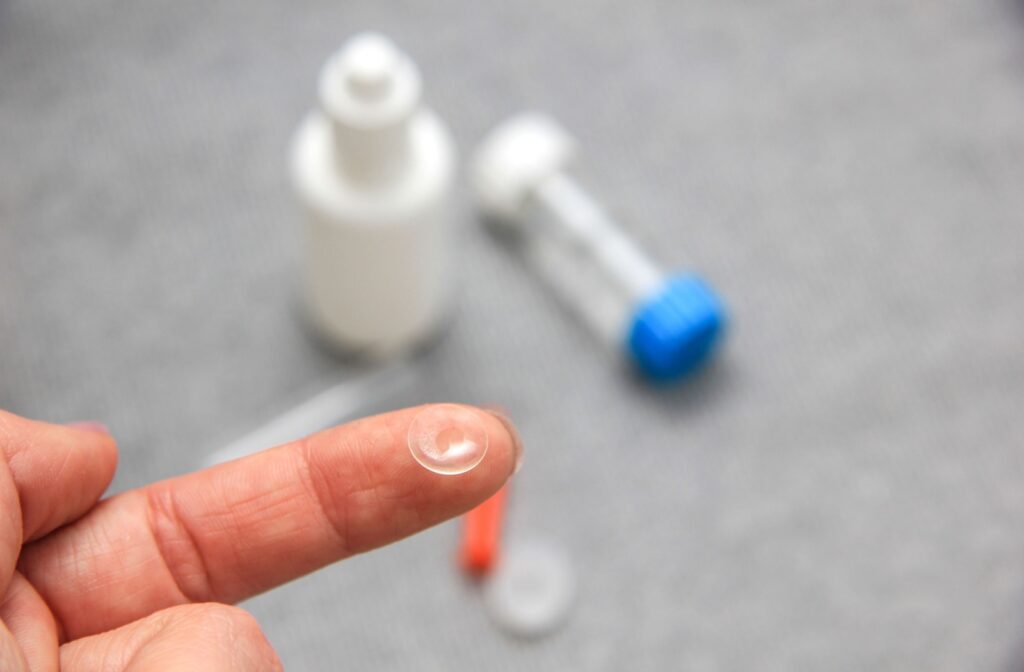
How Do Overnight Contact Lenses Work?
The Science of Corneal Reshaping
The cornea is the eye’s outermost layer that helps focus light onto the retina. In myopic eyes, the cornea’s curvature causes light to focus in front of the retina, resulting in blurred distance vision. Ortho-K lenses gently reshape the cornea by applying controlled pressure, which flattens the center of the cornea and reduces its curvature.
Wearing the Lenses
Before bed, you place the Ortho-K lenses on the surface of your eye. Throughout the night, these lenses reshape your cornea while you sleep. When you wake up, you remove the lenses, and the cornea retains its new shape throughout the day, allowing you to see clearly. For consistency, Ortho-K lenses should be worn nightly.
Daily Benefits
One of the most significant advantages of Ortho-K lenses is the freedom they provide. You can enjoy a full day of clear vision without the hassle of glasses or traditional contact lenses. This is especially beneficial for athletes, children, and anyone who finds daytime eyewear limiting.
Potential Drawbacks
While Ortho-K lenses offer numerous benefits, they might not be suitable for everyone. Here are some potential drawbacks to consider.
Maintenance
Ortho-K lenses require regular cleaning and maintenance to ensure they remain effective and safe to use. Neglecting proper care can lead to eye infections and other complications.
Cost Considerations
Ortho-K lenses can be more expensive upfront compared to traditional contacts or glasses. However, the investment can pay off in terms of the freedom and quality of life they offer.
Not a Permanent Solution
The corneal reshaping effect of Ortho-K lenses is temporary. If you stop wearing the lenses nightly, your cornea will gradually return to its original shape.
Are Overnight Contact Lenses Right for You?
Ortho-K lenses offer an innovative and effective solution for managing myopia. By reshaping the cornea overnight, they help provide clear vision during the day without the need for glasses or traditional contact lenses.
If you’re struggling with myopia or looking for a more convenient way to manage your vision, Ortho-K lenses might be the answer. Our team at Park Slope Eye can help you determine whether overnight contact lenses are right for you. Book an appointment with us today to see the options we have for you!
